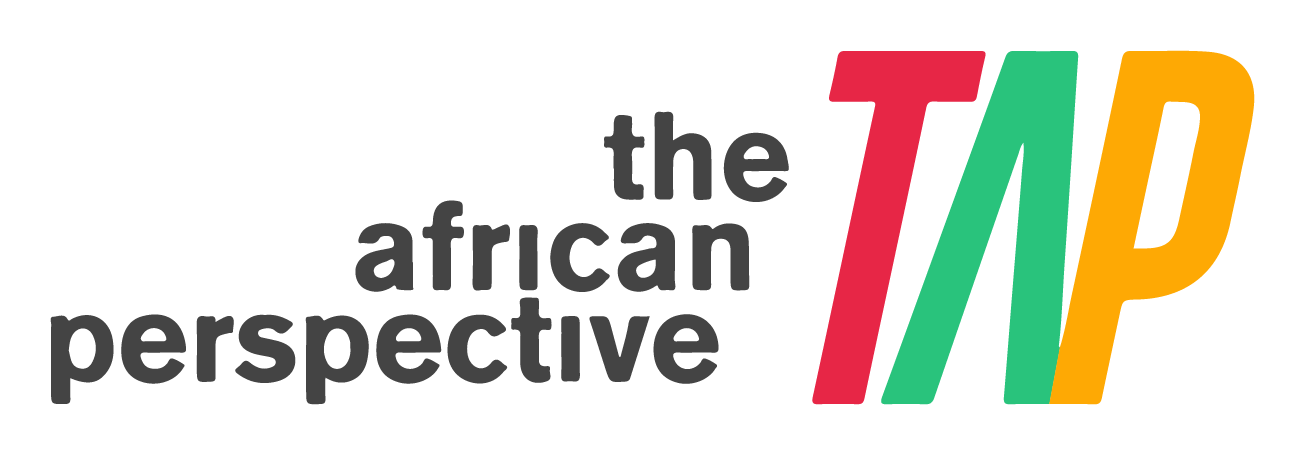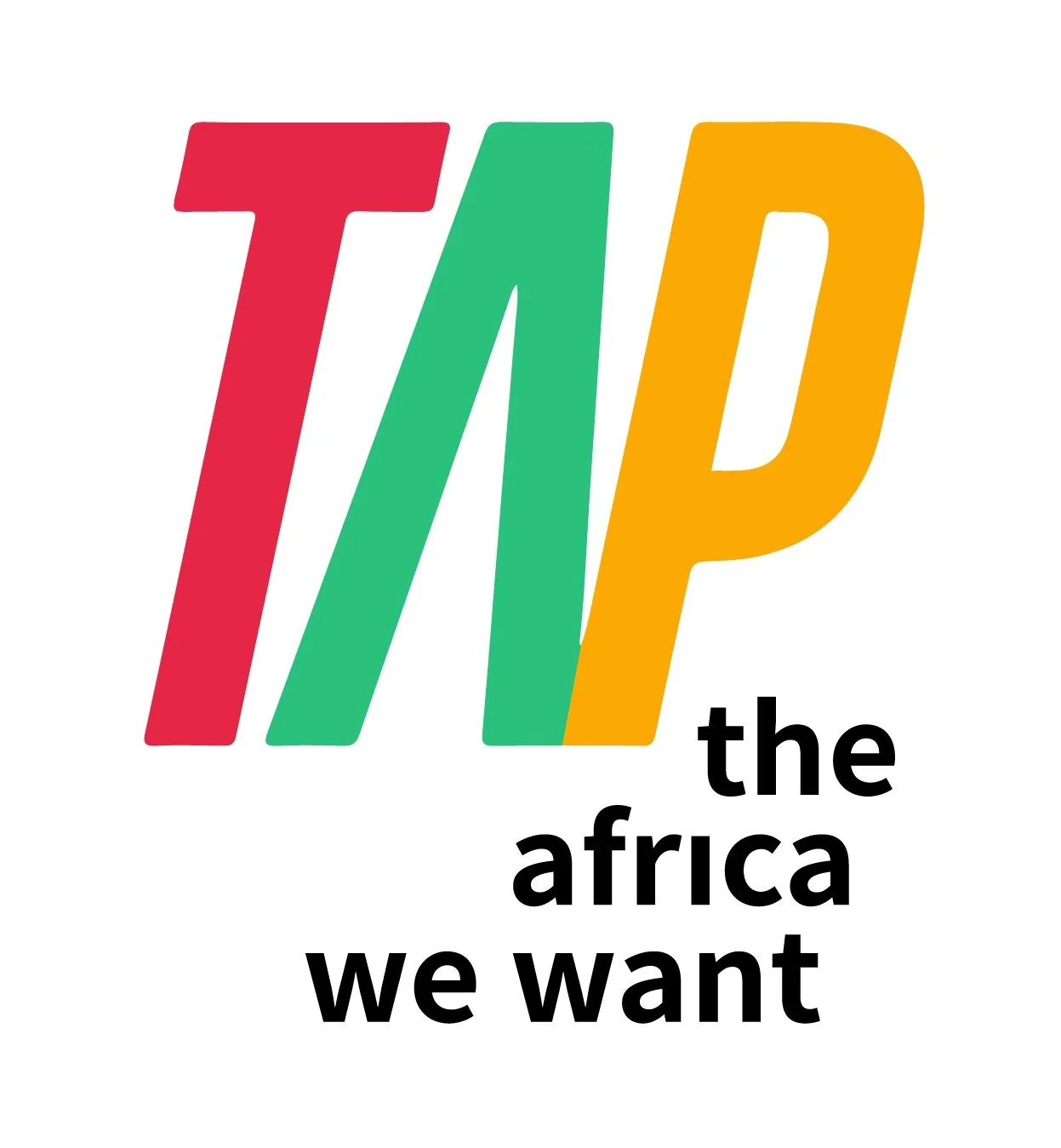POLITICS
Chernor Bah, from Sierra Leone, is one of the world’s leading Feminist activists. In 2018, Chernor led and helped create a movement called “The Black Tuesday” that helped push Sierra Leone to declare Rape a national emergency and thus change rape laws and create specialized rape courts. And when the government banned pregnant girls from going to school, Chernor and team protested, sued the government, then wrote the bill and policy that the government eventually adopted; providing for a radical inclusivity in education policy and guaranteeing that pregnant girls, disabled and children from poor communities all have access to education.
It is estimated that nearly 4 million people were in the streets in Khartoum on October 30th calling for Abdel Fattah al-Burhan to step down after the prime minister he shared power with–Abdalla Hamdok–was arrested and Burhan claimed control of the government. During the march, three protesters were confirmed killed. In the evening, word came from the SPA of its intent to meet with the various leaders of the movement, including resistance committee heads, to discuss the next steps in the protest.
Here at TAP, we are continuously striving to stimulate nuanced, vibrant, and dynamic conversations about Africa. Over the next 6 months we want to use our platform as a space to engage Africa’s youth to voice ideas and opinions about “The Africa We Want” and the steps we need to take to get there. From education to pan-Africanism, trade to the creative industry, we want to hear your thoughts on what we need to work on as a continent.
“I define Pan-Africanism in its broader context to mean the creation of an Africa which is border-less. An Africa whose sons and daughters will have the ability to move from Djibouti to Dakar, from Tunisia to Cape Town without the hindrance of borders; an Africa which is proud in itself.”
The African dictator is an endangered species. Throughout 2018, it became evident that Africans would no longer take the backseat and endure the effects of political partisanship and blatant corruption. And a youth decided that their time had come. December 13, 2018 would mark the beginning of the end of Omar Al-Bashir’s 30-year old destructive regime.
The world reels and moans from the apocalyptic reality of the coronavirus epidemic. But many parts of Africa watch from the outside—as usual. This time, though, being on the margins (in terms of COVID-19 cases) is better than being in the global mainstream as the majority of the world fights the coronavirus.
Eiman Kheir, Head of Diaspora Division, Citizens and Diaspora Organizations CIDO) at the African Union discussed the future of African Diaspora with TAP Magazine including the official AU definition of who is an African diaspora and how her office is building a diaspora scorecard to gauge which countries are diaspora friendly
The staggering numbers of Kenyan youths wishing to flee abroad portrays a nation overwhelmed by a warp-speed downward spiral into economic despondency and risking a ruptured social system just as the young, brilliant, potential industry pioneers head abroad for what’s potentially greener pastures.
While the Sudanese Journalist Network, in a statement dominated by indignant disappointment with the fact of an alliance with the transitional military council, says "the agreement is devoted to a dysfunctional partnership that produces a being distorted by a hateful military head, so that all the dreams of our people will be lost.”










Welcome to Issue 19 of TAP. For the past decade, migration has been one of the leading political issues across the Western World. In Europe, many people live in paranoia of African migrants swimming onto their shores and taking over their villages, towns, cities, and countries; but most importantly, their jobs and way of life. This fear has led to the resurgence of extreme far-right groups, politicians, and political parties. Using fear, they have taken the opportunity to incite division and hate amongst the doubtful masse